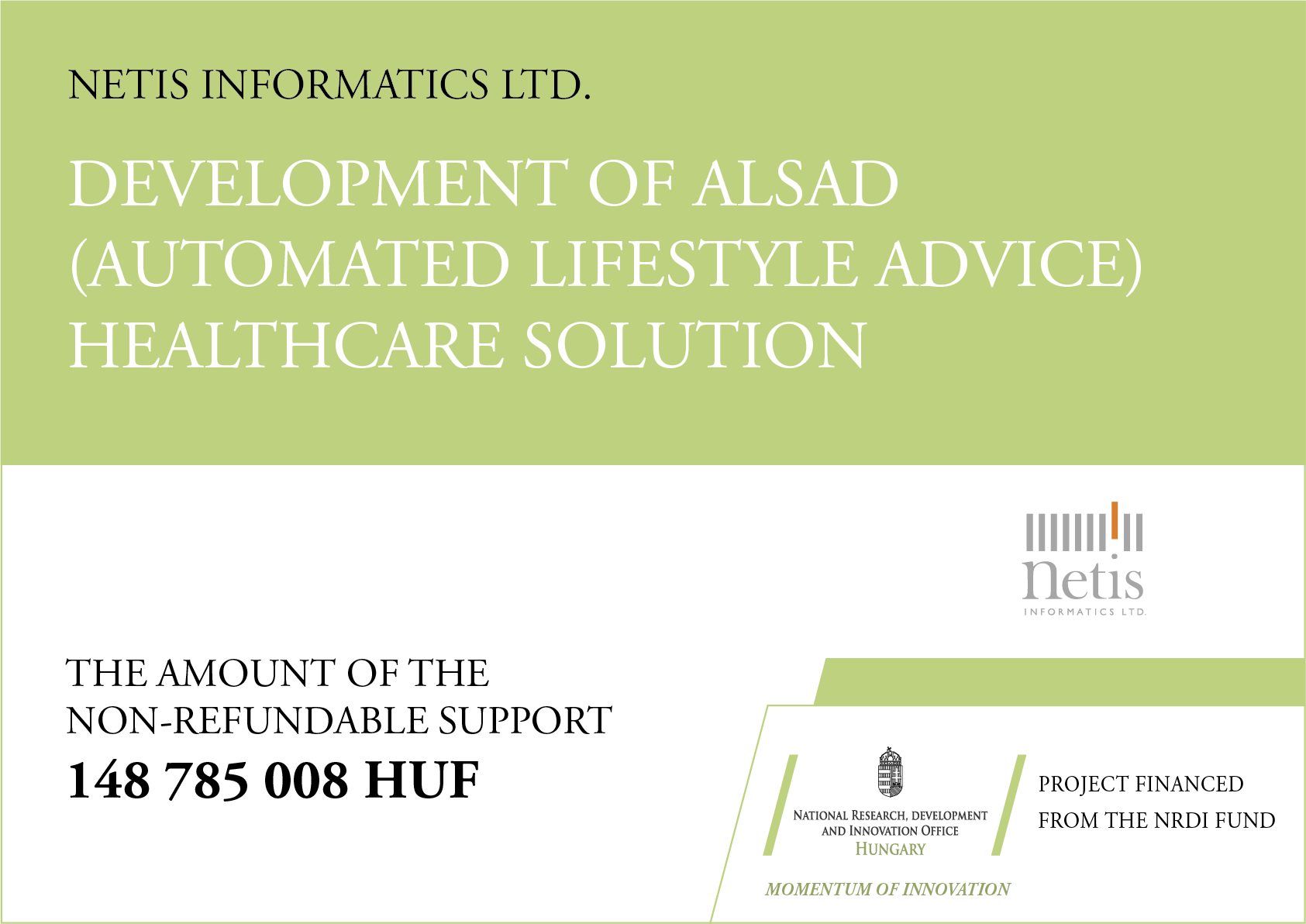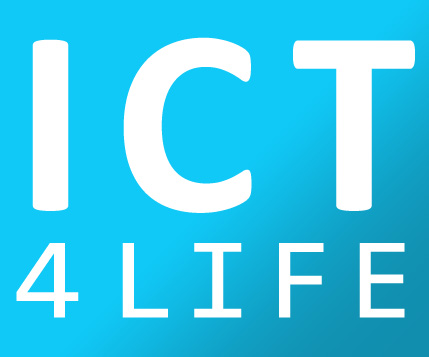Detection of very early signs of dementia will be researched
The new application to be developed by Netis Zrt. and SimnNest Aviation kft., named PreDEM, is going to screen the earliest, otherwise unnoticeable signs of dementia by using early screening methods, risk management tools assisted AI technology, smart games measuring cognitive abilities as well as eye-tracking diagnostic tools. Being a complex and innovative system, it will be offering the early detection of dementia for individuals in the highest risk groups.
In addition, PreDEM will offer a support tool system for those who already have this chronic condition, however, they intend to look after themselves independently.
PreDEM “Prevention Dementia Measuring System – Prevenciós szűrő vizsgálati rendszer kifejlesztése a demencia korai fázisú vizsgálatához” (Preventative screening and examination system development to detect early stage dementia) was awarded with a development grant within the call titled „PIACVEZÉRELT KUTATÁS-FEJLESZTÉSI ÉS INNOVÁCIÓS PROJEKTEK TÁMOGATÁSA (2019-1.1.1-PIACI KFI)” (Market-oriented R&D and Innovation Projects Support (2019-1.1.1-PIACI KFI)).
DEVELOPMENT OF ALSAD (AUTOMATED LIFESTYLE ADVICE) HEALTHCARE SOLUTION
 The consortium of NETIS Informatics Ltd. and INSIRON Informatics Ltd. received 231 544 493 HUF non-refundable support for innovative development. The project „ALSAD (Automated LifeStyle ADvice) Healthcare Solution” is supported by the National Research, Development and Innovation Fund’s „Support of business RDI activities (VÁLLALATI KFI_16)” program.
The consortium of NETIS Informatics Ltd. and INSIRON Informatics Ltd. received 231 544 493 HUF non-refundable support for innovative development. The project „ALSAD (Automated LifeStyle ADvice) Healthcare Solution” is supported by the National Research, Development and Innovation Fund’s „Support of business RDI activities (VÁLLALATI KFI_16)” program.
Within the total net budget of 328 148 236 HUF, the consortium develops a prototype of a health care lifestyle advisory system. The amount of support for the activities of NETIS Zrt. is 148 785 008 HUF, which comes from the National Research, Development and Innovation Fund.
Summary of the development:
Patients undergoing organ therapies, especially dialysis or diabetic patients, often do not know that they can do a lot through the healing process by themselves. One part of the healing process is when the medical and nursing specialist helps the patient with medication or machine therapy. The other part is a lifestyle change which helps the patient to heal. Recognizing illnesses and to react on them is not a simple task, and changing the lifestyle that promotes healing cannot be called easy as well. However, if the patient receives credible information in a targeted, well-documented way, the healing process may be more stable.
It is important to group and systemize the disease-reducing factors and to inform the patient with useful information. This type of online patient information is a missing part of today’s healthcare. Targeted lifestyle counseling is important, emphasizing the combined effects of weight, hypertension, diabetes and lack of exercise on kidney damage and possible complications of diabetes.
This R & D project seeks to solve these problems
Our goal is to develop a procedure and a protocol which is helping the patients with dialysis and diabetes. We can help them to improve their lifestyle quality and to slow down the state of worsening. With this development, a measured, real-time data analysis and an automated counseling are made for the patient. As a result of lifestyle counseling, considering the blood sugar level, it can improve the patient’s re-measured, analyzed data and values which is creating a kind of prevention process for the patient. So far, this kind of counseling has been communicated to the patient by the doctor or the medical staff personally, in the process of treatment.
Consortium leader: NETIS Informatics Ltd.
Consortium member: INSIRON Informatics Ltd.
Realization time: 01.07.2017. – 30.06.2019.
ICT4Life, ICT services for Life Improvement For the Elderly

Name and ID of project: ICT4Life, ICT services for Life Improvement For the Elderly (grant agreement number: 690090)
Duration: 36 months
Framework Programe and Call: Horizon 2020, PHC-25-2015 Advanced ICT systems and services for Integrated Care, RIA, H2020-PHC-2015-single-stage (Societal Challenges)
Participants: Artica Telemedicina (Spain), Polytechnic University of Madrid (Spain), Madrid Parkinson Association (Spain), Netis Informatics Ltd. (Hungary), E-seniors (France), Centre for Research and Technology Hellas (Greece), Maastricht University (The Netherlands), European Hospital and Healthcare Federation (Belgium) and the University of Pécs (Hungary)